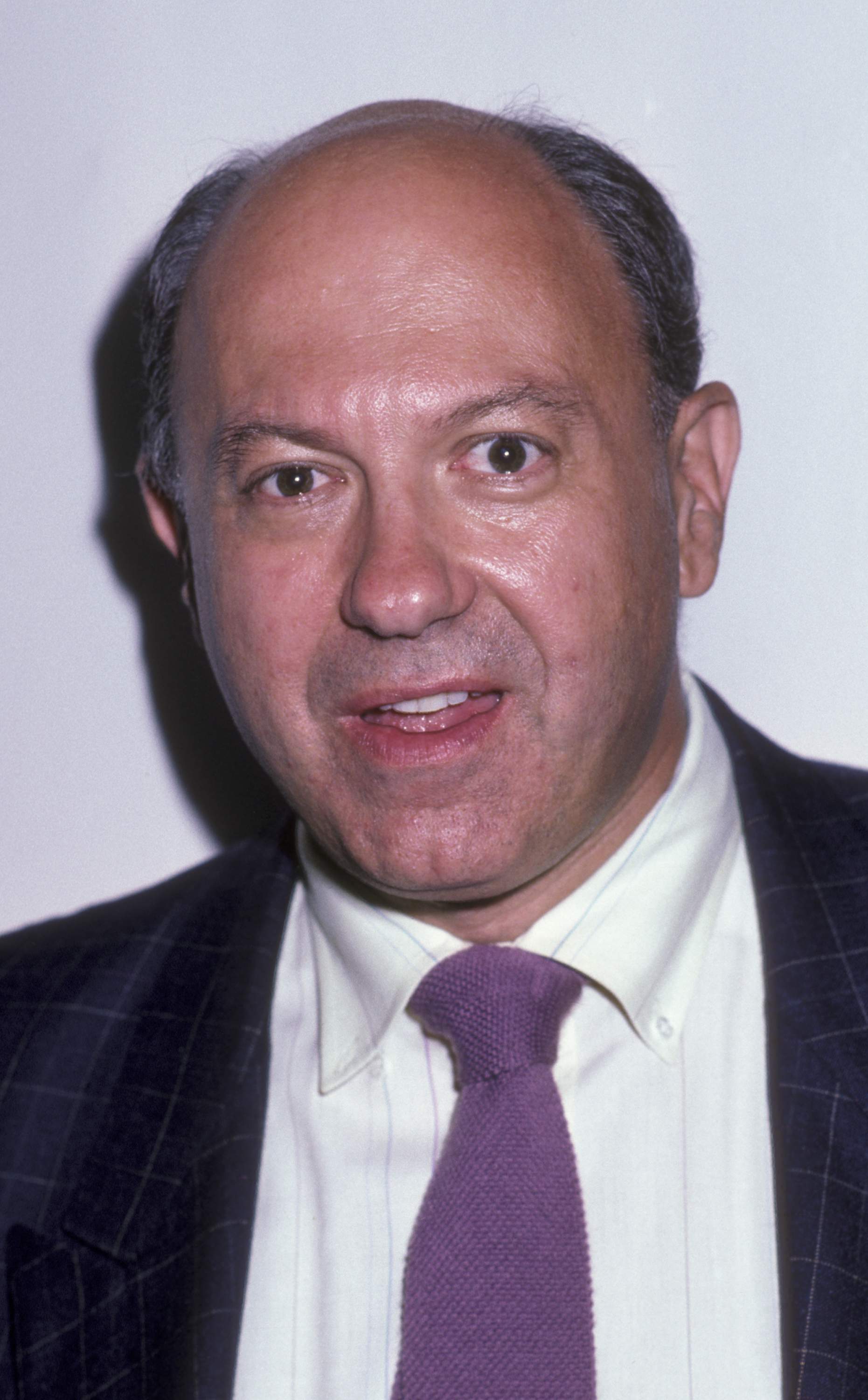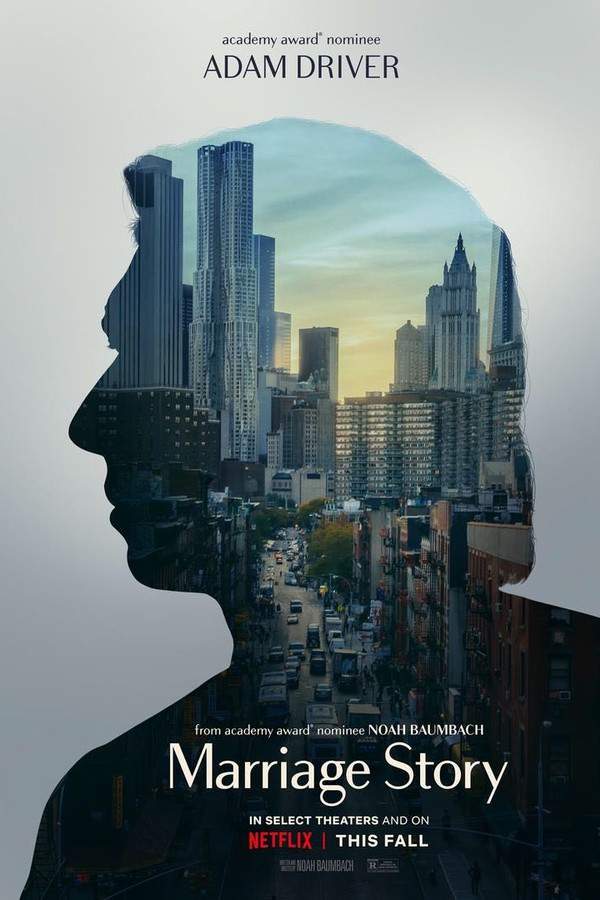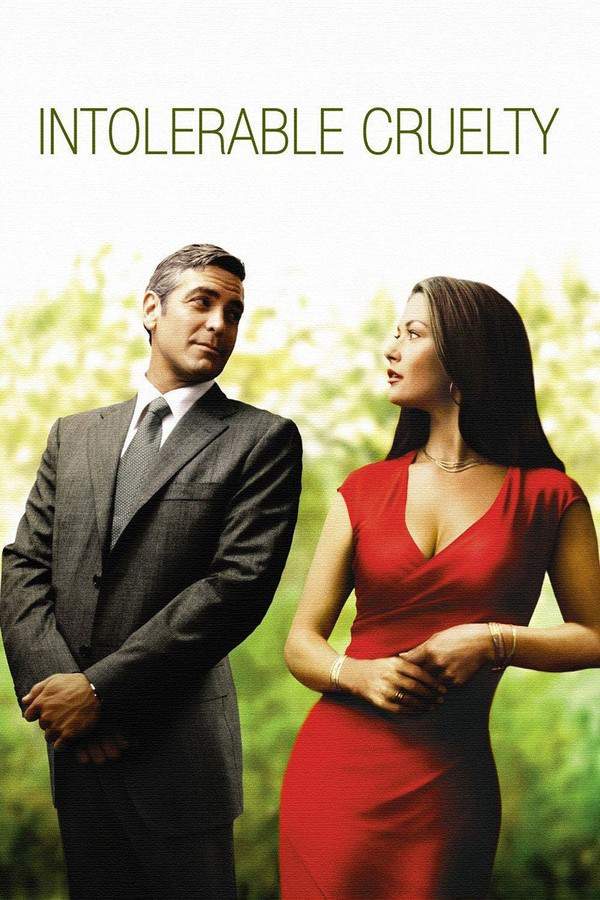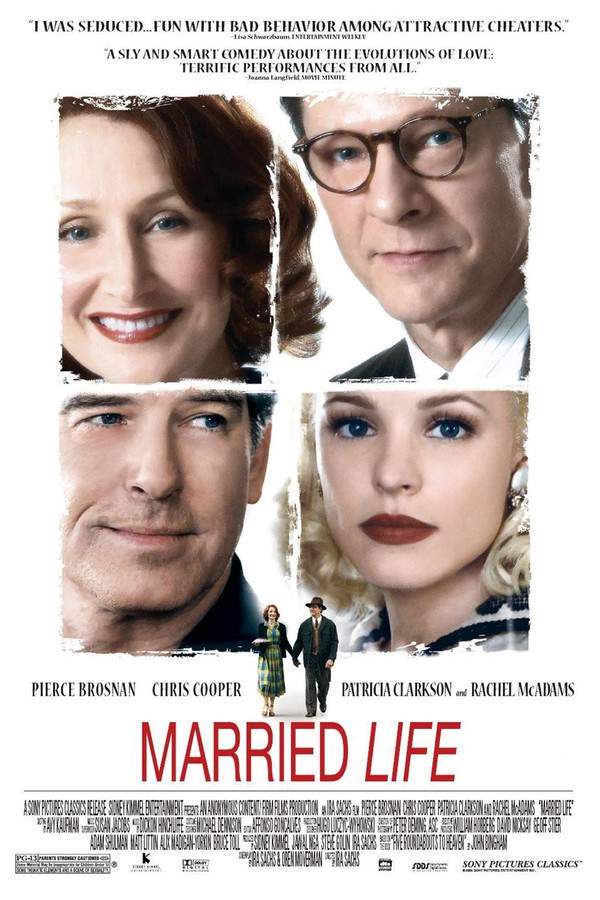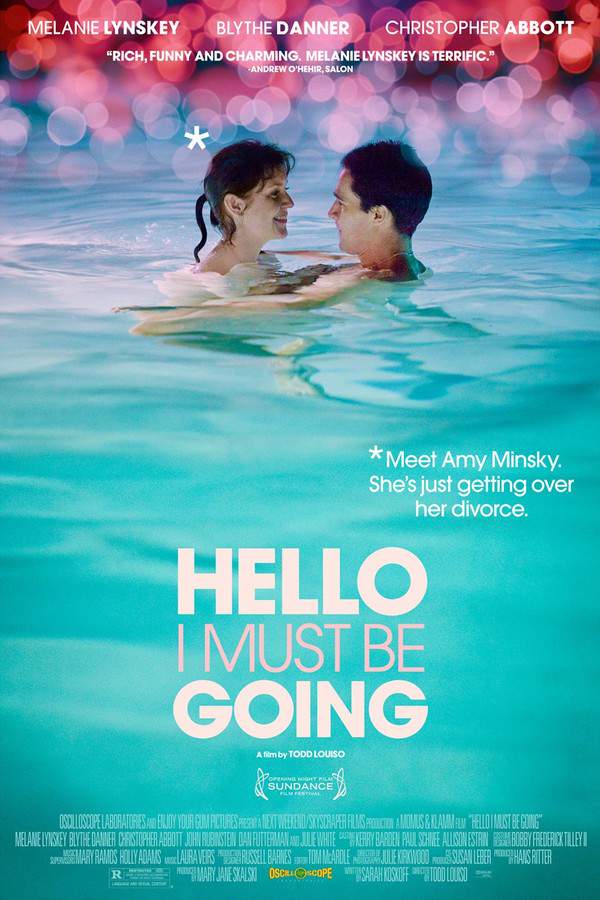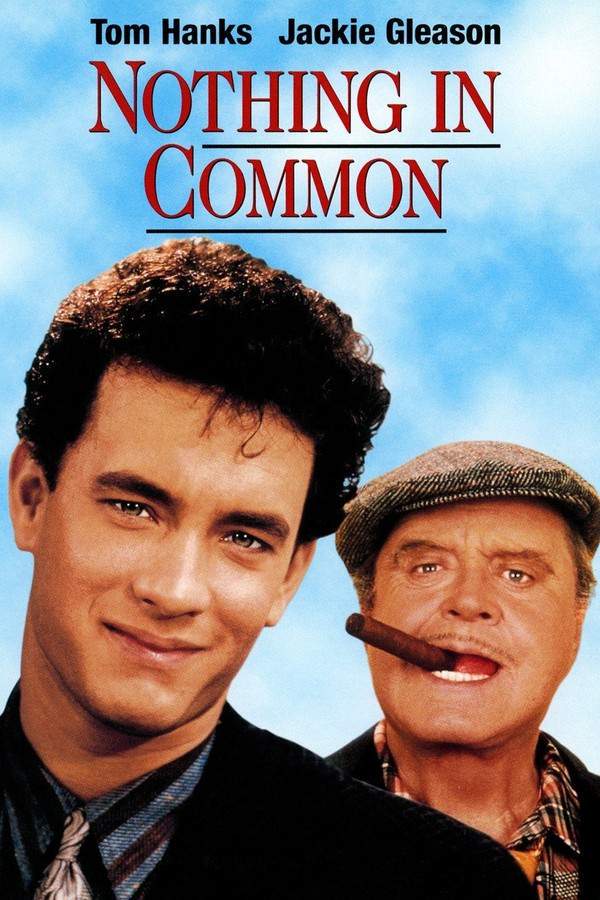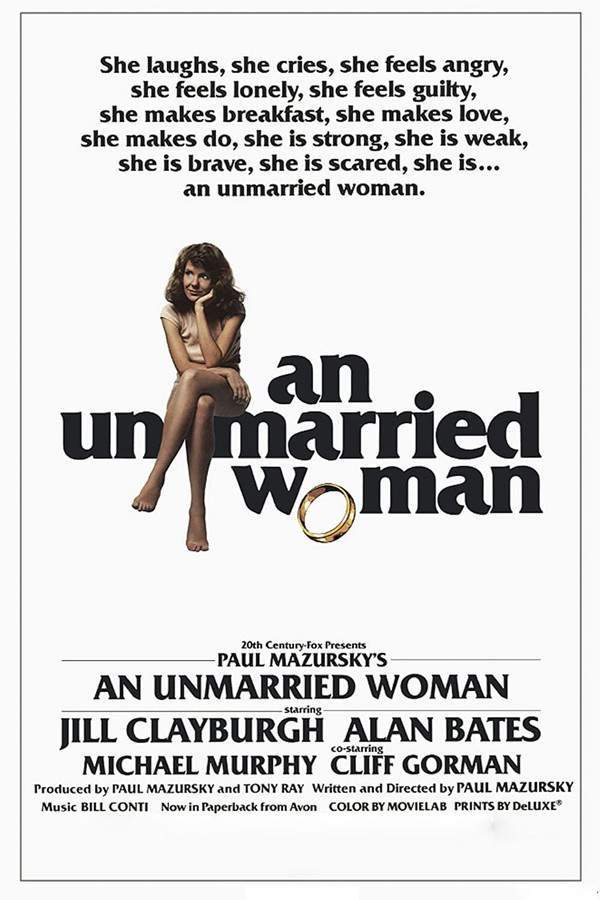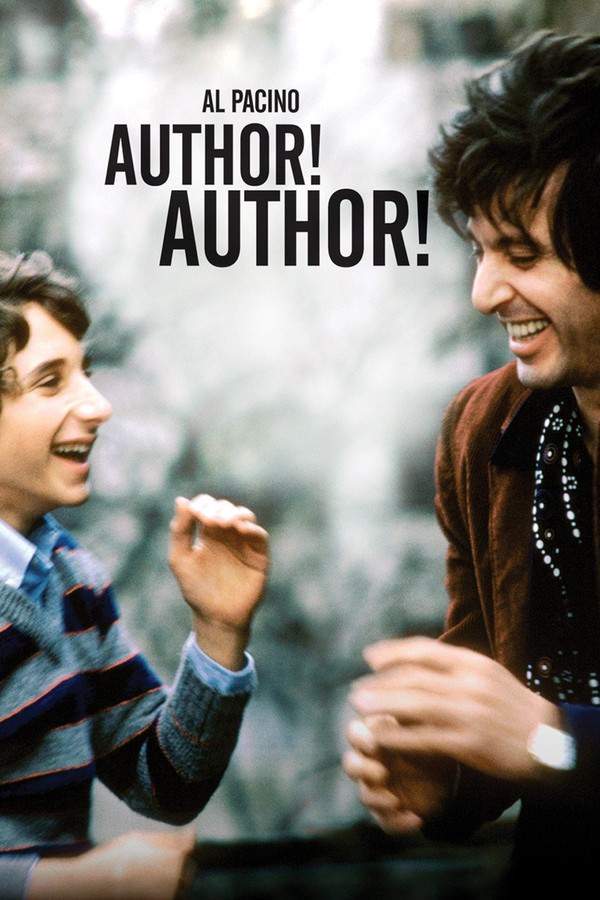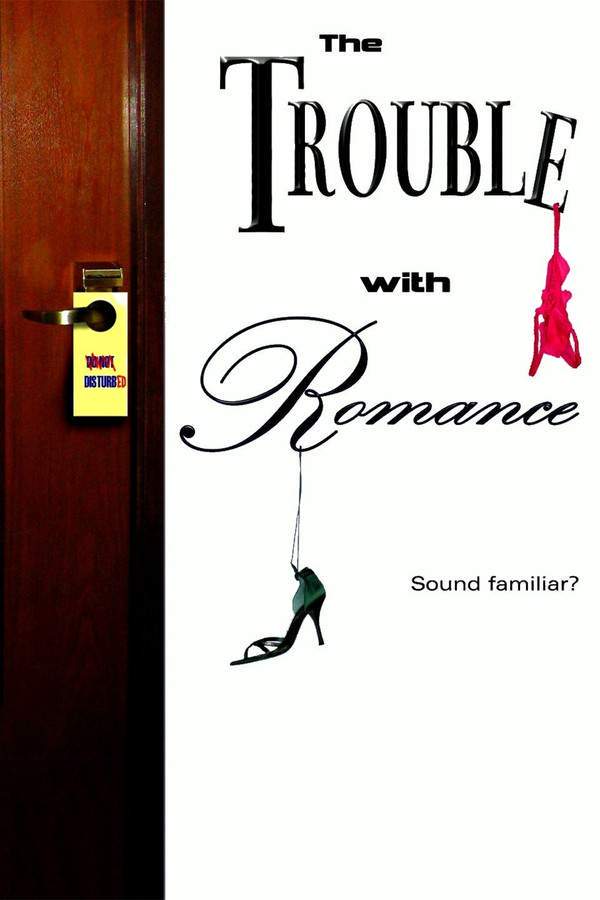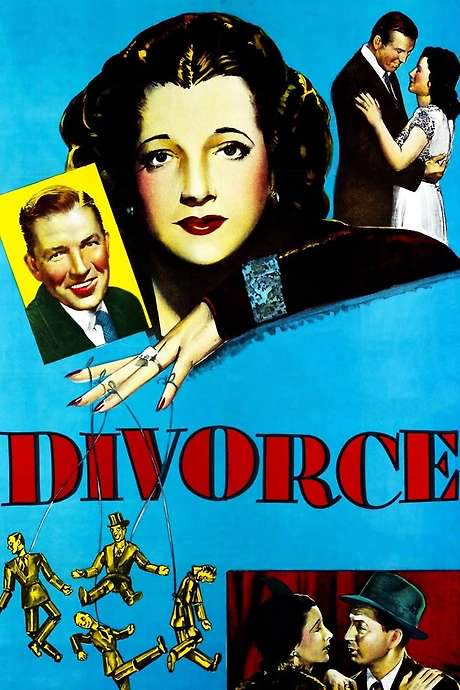Irreconcilable Differences 1984
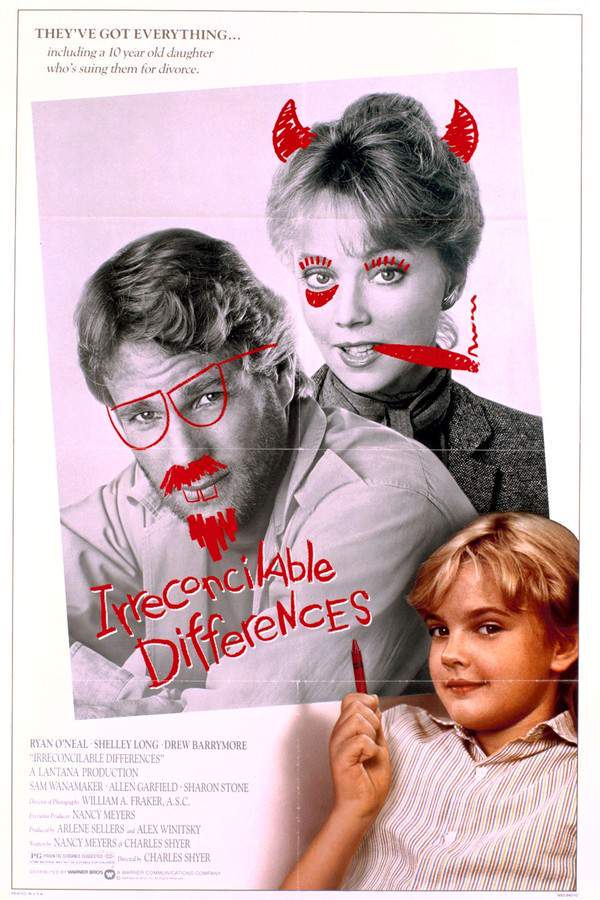
A successful filmmaker and his writer wife find their marriage strained by the pressures of their demanding careers, impacting their young daughter. When Casey initiates divorce proceedings, the couple is forced to confront the fallout of their choices and the impact on their family. They must navigate the complexities of separation while re-evaluating their relationship and the well-being of their child.
Does Irreconcilable Differences have end credit scenes?
No!
Irreconcilable Differences does not have end credit scenes. You can leave when the credits roll.
Meet the Full Cast and Actors of Irreconcilable Differences
Explore the complete cast of Irreconcilable Differences, including both lead and supporting actors. Learn who plays each character, discover their past roles and achievements, and find out what makes this ensemble cast stand out in the world of film and television.
External Links and Streaming Options
Discover where to watch Irreconcilable Differences online, including streaming platforms, rental options, and official sources. Compare reviews, ratings, and in-depth movie information across sites like IMDb, TMDb, Wikipedia or Rotten Tomatoes.
Ratings and Reviews for Irreconcilable Differences
See how Irreconcilable Differences is rated across major platforms like IMDb, Metacritic, and TMDb. Compare audience scores and critic reviews to understand where Irreconcilable Differences stands among top-rated movies in its genre.

52
Metascore
tbd
User Score


60%
TOMATOMETER

47%
User Score

5.8 /10
IMDb Rating

56
%
User Score
Take the Ultimate Irreconcilable Differences Movie Quiz
Challenge your knowledge of Irreconcilable Differences with this fun and interactive movie quiz. Test yourself on key plot points, iconic characters, hidden details, and memorable moments to see how well you really know the film.
Irreconcilable Differences Quiz: Test your knowledge about the intricacies of family dynamics and personal pursuits in 'Irreconcilable Differences'.
What is the name of the child caught in her parents' marital issues?
Lucy Brodsky
Maria Hernandez
Casey Brodsky
Blake Chandler
Show hint
Awards & Nominations for Irreconcilable Differences
Discover all the awards and nominations received by Irreconcilable Differences, from Oscars to film festival honors. Learn how Irreconcilable Differences and its cast and crew have been recognized by critics and the industry alike.
42nd Golden Globe Awards 1985

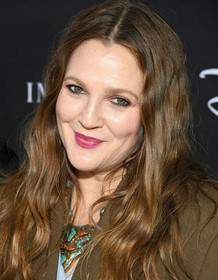
Best Supporting Performance in a Motion Picture – Drama, Comedy or Musical (Supporting Actress)
Drew BarrymoreFull Plot Summary and Ending Explained for Irreconcilable Differences
Read the complete plot summary of Irreconcilable Differences, including all major events, twists, and the full ending explained in detail. Explore key characters, themes, hidden meanings, and everything you need to understand the story from beginning to end.
As the chaotic decision to appoint Maria Hernandez as her guardian unfolds, Casey Brodsky finds herself at the center of a media storm that forces her parents, Albert and Lucy Brodsky, to confront the complexities of their own lives. This frenzy reveals the self-absorbed nature of this couple, whose private ambitions have long been cloaked in secrecy. The driving force behind this upheaval is Casey, who is wearied by the strife stemming from her parents’ troubled marriage.
Albert Brodsky’s journey takes a pivotal turn one fateful January night in 1973, when he scores a ride from Lucy van Patten, an aspiring children’s author caught in the web of her upcoming wedding to the gruff Navy man, “Bink.” As they navigate the scenic routes of Indiana, Lucy begins to shed her reservations, finding comfort in Albert’s engaging spirit. Eventually, they get married, united by a shared love for storytelling.
After relocating to California, Albert is presented with a chance to collaborate with a well-known Hollywood producer, tasked with reviving a script that had gathered dust. Lucy’s gifted writing skills become crucial in helping him overcome his creative stagnation, enabling them to co-create a cinematic gem that ultimately earns Academy Award acclaim for Best Director. However, behind this success, their marriage begins to fray.
As Albert dives deeper into his career, Lucy’s resentment grows stronger, feeling neglected and unrecognized for her influence on the screenplay. This unacknowledged partnership leads to her decision to divorce him, intensifying the challenges that Casey faces as Maria becomes her main caregiver during their tumultuous parenting situation.
It’s during this time that Albert becomes infatuated with Blake Chandler, a charming young woman he spots working at a hot dog stand. She lands a role in his next film, which achieves modest success, but their budding collaboration only serves to deepen the rift with Lucy. In a decisive move, she files for divorce, compelling Albert to reflect on the repercussions of his choices and the fragility of his once-happy marriage.
Following the separation, Albert guarantees that Lucy retains custody of Casey, while he retreats to a lavish Hollywood abode where Blake plays a significant role in his life. With this new arrangement, it’s evident that the most significant cost of the divorce is not merely their own happiness but also Casey’s emotional stability.
As Lucy’s suppressed frustrations boil over, she embraces the chance to pen a revealing tell-all novel, pouring her heart into the work and capturing her tumultuous journey. Meanwhile, Albert’s high standards lead him astray, culminating in the disastrous production of a musical adaptation of Gone with the Wind, titled Atlanta, which further isolates him in Hollywood, compounded by Blake’s demanding behavior on set.
In a surprising twist, Lucy’s book becomes an overnight success, propelling her to literary acclaim and allowing her to reclaim the luxurious mansion once owned by Albert. As she settles into her new reality, Lucy starts mirroring some qualities she had once criticized in Albert, gradually transforming into a persona evocative of a diva.
In a climactic showdown, Albert and Lucy’s clash over Casey’s custody culminates in an emotional tug-of-war, leaving their daughter devastated. This turmoil drives Casey to make the heart-wrenching decision to distance herself from both parents, seeking comfort with Maria and her family.
In court, Casey delivers a heartfelt testimony underscoring the significance of parental responsibility amid the fallout from her parents’ divorce. Witnessing the weight of their actions, both Albert and Lucy find themselves moved to tears. Ultimately, the court grants Maria legal custody over Casey, offering a semblance of resolution to this chaotic chapter.
Months roll by, and Albert slowly begins to restore his career, participating in lower-profile work, such as TV commercials and sitcoms, as a potential B-movie directing project lies ahead. Lucy, too, nurtures a return to her more grounded self. When fate brings both parents to Maria’s house for visitation, they decide to momentarily set aside their differences and share a meal at a family restaurant – a touching reminder that even amidst sadness, there remains a flicker of hope and healing.
Uncover the Details: Timeline, Characters, Themes, and Beyond!

Coming soon on iOS and Android
The Plot Explained Mobile App
From blockbusters to hidden gems — dive into movie stories anytime, anywhere. Save your favorites, discover plots faster, and never miss a twist again.
Sign up to be the first to know when we launch. Your email stays private — always.
Watch Trailers, Clips & Behind-the-Scenes for Irreconcilable Differences
Watch official trailers, exclusive clips, cast interviews, and behind-the-scenes footage from Irreconcilable Differences. Dive deeper into the making of the film, its standout moments, and key production insights.
Irreconcilable Differences Themes and Keywords
Discover the central themes, ideas, and keywords that define the movie’s story, tone, and message. Analyze the film’s deeper meanings, genre influences, and recurring concepts.
Irreconcilable Differences Other Names and Titles
Explore the various alternative titles, translations, and other names used for Irreconcilable Differences across different regions and languages. Understand how the film is marketed and recognized worldwide.
Similar Movies To Irreconcilable Differences You Should Know About
Browse a curated list of movies similar in genre, tone, characters, or story structure. Discover new titles like the one you're watching, perfect for fans of related plots, vibes, or cinematic styles.
Quick Links: Summary, Cast, Ratings, More

What's After the Movie?
Not sure whether to stay after the credits? Find out!
Explore Our Movie Platform
New Movie Releases (2026)
Famous Movie Actors
Top Film Production Studios
Movie Plot Summaries & Endings
Major Movie Awards & Winners
Best Concert Films & Music Documentaries
Movie Collections and Curated Lists
© 2026 What's After the Movie. All rights reserved.







